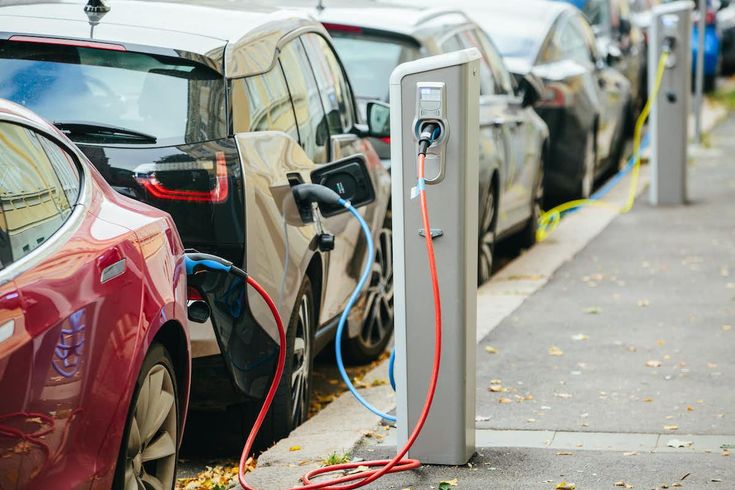
Bringing EV Charging to Rural India: The Next Big Leap in Green Mobility
While electric vehicle adoption in cities has gained momentum, rural India is now stepping into the EV era. With new government-backed pilot programs, charging stations are being set up in villages and small towns to support electric two-wheelers, rickshaws, and tractors.
The rural mobility sector — long reliant on fossil fuels — is experiencing a green transformation. From solar micro-grids to low-cost charging kiosks, sustainable solutions are being deployed where they’re needed the most.
“The future of India’s clean energy transition lies in rural inclusion. Affordable EV charging is central to that vision.” — MNRE Officer
Empowering Villages with Sustainable Charging
Key features of the rural EV infrastructure drive include:
- 🔌 Portable and solar-powered charging stations
- 📶 UPI-enabled kiosks for digital payment
- 🚜 Special EV support for agri-vehicles and e-rickshaws
- 🛠️ Training programs for local maintenance and service

Public-Private Partnerships Leading the Charge
Several startups and NGOs are collaborating with the government to scale rural EV charging. Companies are piloting community-owned stations, where locals manage and earn from small charging hubs.
As infrastructure scales and awareness spreads, EVs could soon become a part of daily life in India’s villages — reducing fuel dependency, saving costs, and promoting clean energy practices across generations.
